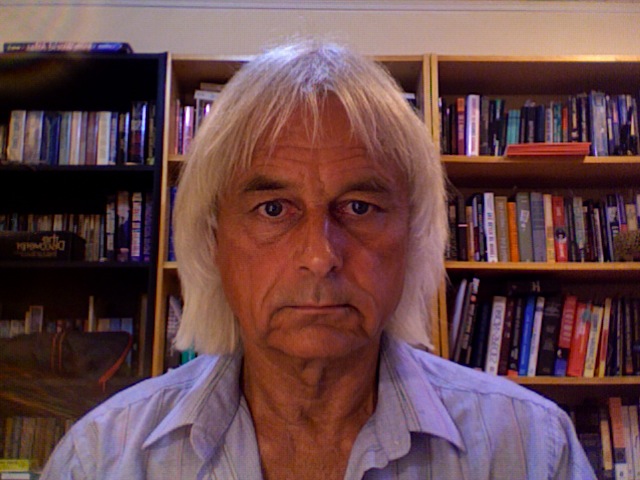The Great UnbindingPart 2
Monetary understanding is not new knowledge, though the knowledge seems to have been lost in recent decades. It may come as a surprise to people who associate him with neoliberalism, economic hitmen and IMF enforcers; but the "early" Milton Friedman understood money, and advocated intelligent and humane solutions to our bank-debt money system problems.
Like the two Karl Marxes, there are two Milton Friedmans. The early Karl Marx was a witty observer, analyst and critic of humanity and our institutions. "Money makes bedfellows of impossibilities", for example. His diagnoses were incisive. But after he hooked up with Engels to write the Communist Manifesto, his prescriptions became highly questionable.
So with Friedman, who learned money system mechanics as a student of Irving Fisher at the University of Chicago. Like Fisher himself, the early Friedman was a lucid advocate of radical monetary system reform. The later Friedman became the intellectual GodFather of The Chicago Boyz -- the young Latinos who were brainwashed with neoliberal 'privatization' religion, and who then returned to their home countries to unwittingly play the role of economic hitmen.
I'm not sure if the later Marx and the later Friedman actually "believed in" what they did. Neither Marx nor Friedman would be the first (or last) clear-eyed intellectuals who sold out to monied patrons, and applied their intellect to advancing their patron's less than transparent designs.
Nonetheless, the early Friedman understood money and knew how to fix it. Within a readable 15 pages, his 1948 paper, A Monetary and Fiscal Framework for Economic Stability, lays out the socially and economically beneficial -- and financially essential -- logic of monetary system reform. The Friedman paper is here,
In the 1930s Irving Fisher -- who (like his contemporary but not collaborator CH Douglas) knew that bank-issued "credit-money" created almost all of the economy's spendable, investible, earnable, savable money supply; and knew that commercial banks exercise an absolute monopoly of credit-money issuance -- recognized that the world was in a "debt deflation depression".
Next Page 1 | 2 | 3 | 4 | 5 | 6 | 7 | 8 | 9
(Note: You can view every article as one long page if you sign up as an Advocate Member, or higher).






